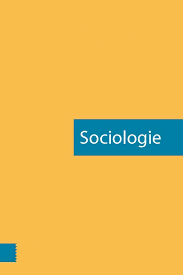Abstract
Immigrants and their native-born children tend to be overrepresented among crime suspects in Europe. Using a representative Dutch survey, we examine whether inhabitants of Turkish and Moroccan origin also self-report more crimes than the native Dutch. Additionally, we test various explanations for ethnic differences in crime, partly employing variables that are unavailable in administrative data (SES, perceived discrimination, neighbourhood social control, family bonds, religiousness). We discover two ‘ethnic paradoxes’. First: contrary to analyses using administrative data, both minorities have similar to lower self-reported crime rates compared to the majority group when age, sex, urbanisation, SES and social desirability are controlled. Second: first-generation immigrants in particular report fewer crimes than expected given their social disadvantage, thus indicating a notable ‘righteous migrant effect’.
How to Cite:
Leerkes, A., Groeneveld, P. & Martinez, R., (2017) “Etnische paradoxen. Zelfgerapporteerde criminaliteit onder Turkse, Marokkaanse en autochtone Nederlanders in relatie tot politiecijfers”, Sociologie 13(2-3), 165–196. doi: https://doi.org/10.5117/SOC2017.2/3.002.LEER
Downloads:
Download PDF
View PDF
213 Views
43 Downloads
Published on
2017-10-20
Peer Reviewed


